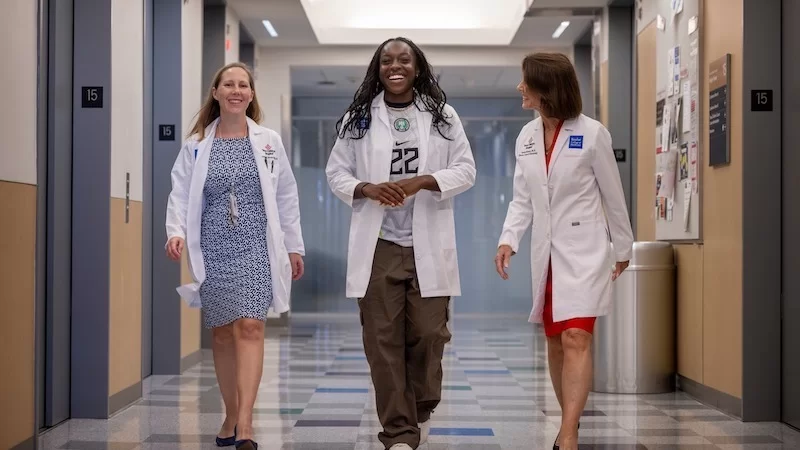Texas Children’s Hospital and Baylor College of Medicine have received a $7.4 million grant from the Food and Drug Administration (FDA) for the Southwest National Pediatric Device Innovation Consortium (SWPDC). The grant, announced on Oct. 24, aims to foster innovation in pediatric medical devices.
According to a press release from Texas Children's Hospital, the grant reaffirms the consortium's role in addressing the scarcity of medical devices specifically designed for pediatric use. SWPDC, one of the five consortia in the FDA’s Pediatric Device Consortia (PDC) program and the sole representative in the Texas/Southwest U.S. region, previously received $6.7 million in funding from the FDA. The new award underscores the need to develop medical solutions tailored to children's unique requirements.
“This grant enables us to facilitate the development of devices specifically designed for children. Currently, we often resort to using devices not intended for pediatric use due to the lack of appropriately sized equipment,” said Dr. Chester Koh, SWPDC executive director, principal investigator, pediatric urologist at Texas Children’s Hospital, and professor of urology at Baylor College of Medicidine, in the release. “This funding empowers us to support innovators with funding, consulting, clinical expertise, and other essential resources, fostering a healthcare ecosystem conducive to innovation.”
Pediatric medical device projects face challenges in reaching the market, differing from the approaches followed for adult devices. SWPDC collaborates with local, regional, and national institutional partners, including engineering leaders from Texas A&M University, Rice University, University of Houston, and its newest member, the University of Minnesota. The consortium also boasts a nationwide clinical network comprising children’s hospitals with more than 3,000 inpatient beds.
Since its initial five-year grant in 2018, SWPDC has facilitated the development of over 200 pediatric device projects at various stages of progress. These projects, ranging from synthetic pediatric heart valves to miniature injection devices and neonatal intensive care unit monitoring devices, have collectively secured over $200 million in follow-on funding.
For more information, visit www.texaschildrens.org.

